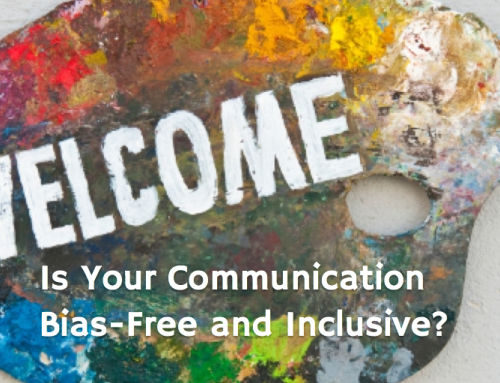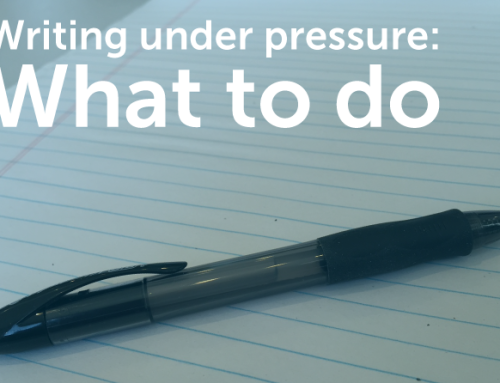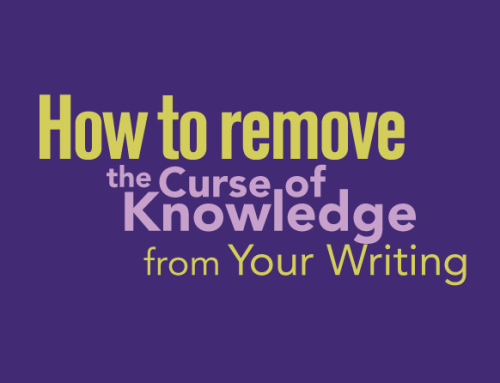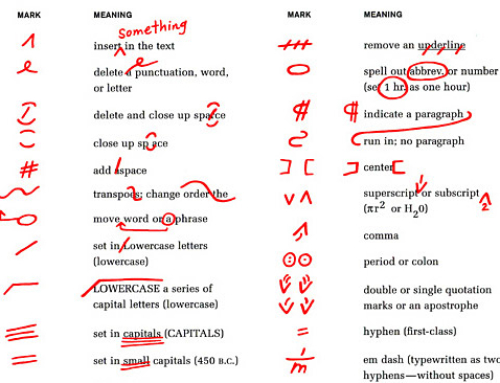 There is certainly nothing like a blog post on grammar to get a group of communicators going! Recently, on Spin Sucks, a favorite PR blog of ours, Gini Dietrich posted 12 grammatical errors that we’ve all probably made at some point in our lives. In the comments section, I added my own grammar pet peeve (its versus it’s) to her list and offered that grammar may only get worse because we’re not teaching English class in school any more—at least not in our district’s schools.
There is certainly nothing like a blog post on grammar to get a group of communicators going! Recently, on Spin Sucks, a favorite PR blog of ours, Gini Dietrich posted 12 grammatical errors that we’ve all probably made at some point in our lives. In the comments section, I added my own grammar pet peeve (its versus it’s) to her list and offered that grammar may only get worse because we’re not teaching English class in school any more—at least not in our district’s schools.
I still remember watching my English teacher, Mrs. Hamilton, walk us through how to diagram a sentence. From her we learned about the parts of speech, subject-verb agreement, adverbs and adjectives, and how to properly use punctuation. I’ll never forget that “a lot” is two words instead of one. And I’ll always remember the proper use of “their,” “there” and “they’re.”
While in English class, I never dreamed I would need to remember and use these skills in my future work life. But as a PR professional who essentially writes and communicates for a living, these skills are essential.
On grammar, writing and first impressions
The increase of texting, 140-character tweets and other technologies have made us all a little lazy in our writing. Spell check is helpful, but it’s certainly not foolproof. (After all, “public” and “pubic” are both spelled correctly, but their uses are certainly different.)
How many emails do you receive each day that contain typos? How about the smart phone footer message that reads, “Typos courtesy of my phone?” We’ve come to accept the phrase without batting an eye during the course of doing business.
One person commented on the Spin Sucks post that modern linguists suggest that as long as our meaning is understood (grammatical errors and all), there is no harm.
My reaction to this statement: Not if you expect to get a job in our field or in any other field for that matter!
Solid written and verbal communication skills are essential in any job we do in life.
Think about it. What is your reaction to someone who casually drops “ain’t” into their speech? Or what do you think of the businessperson whose blog posts or emails are riddled with typos?
These things matter. I don’t care if you are flipping burgers at a fast food restaurant or the CEO of a Fortune 500 company. We form instant opinions about people based on how they speak and write.
Pay attention to your communications
I don’t claim to be the perfect grammarian by any stretch. I make mistakes like everyone else (and my husband happily points these out to me, the “communicator”). But I do believe proper grammar, writing and speaking matter.
So, to future graduates who hope to be gainfully employed some day, I say pay attention to how you speak and take care in how you write (Tweeting and otherwise). Buy a copy of the Elements of Style. Read Gini’s list of grammatical errors and pledge not to commit them. Ask someone to proofread your work. And, above all, strive to be someone that would make Mrs. Hamilton and all the other English teachers of the world proud.








[…] On Grammar, Writing and First Impressions (conversations.marketing-partners.com) […]